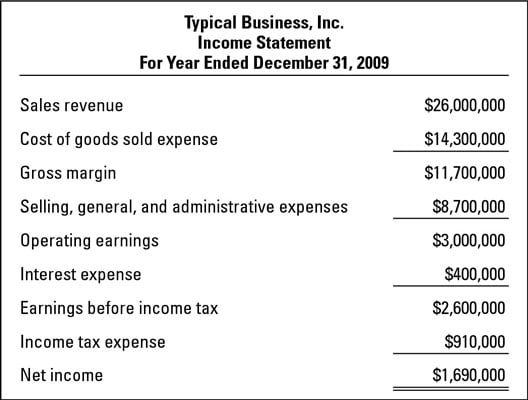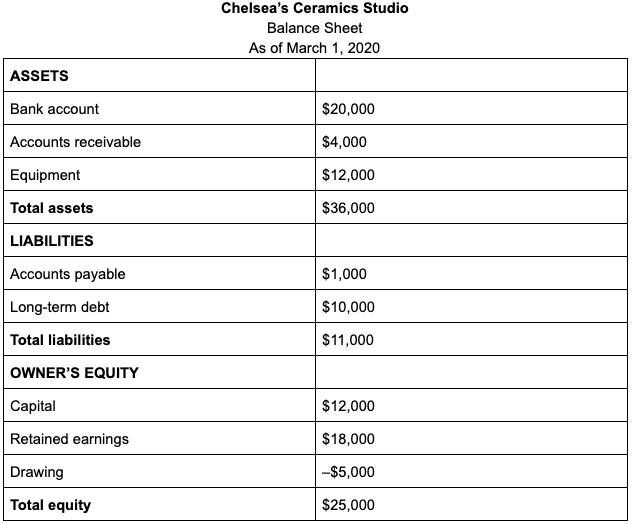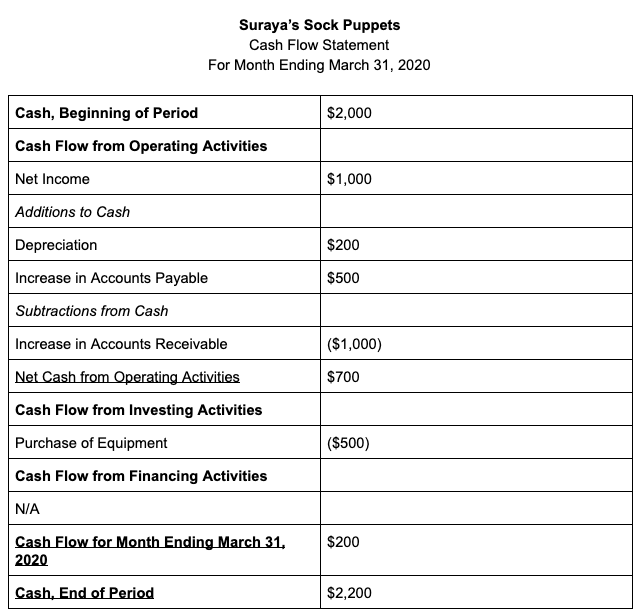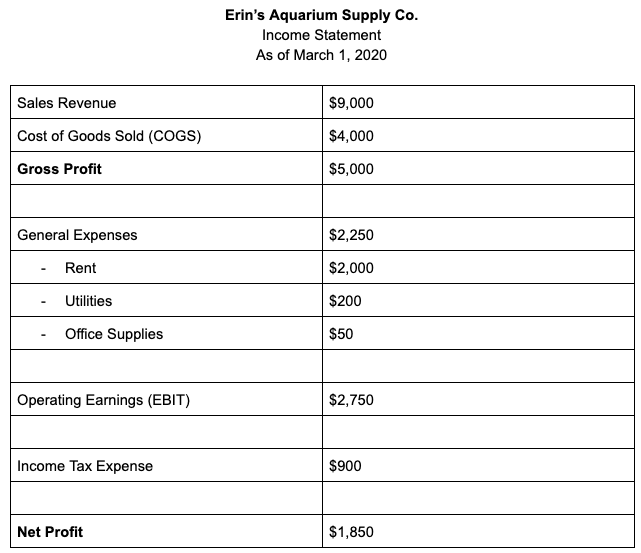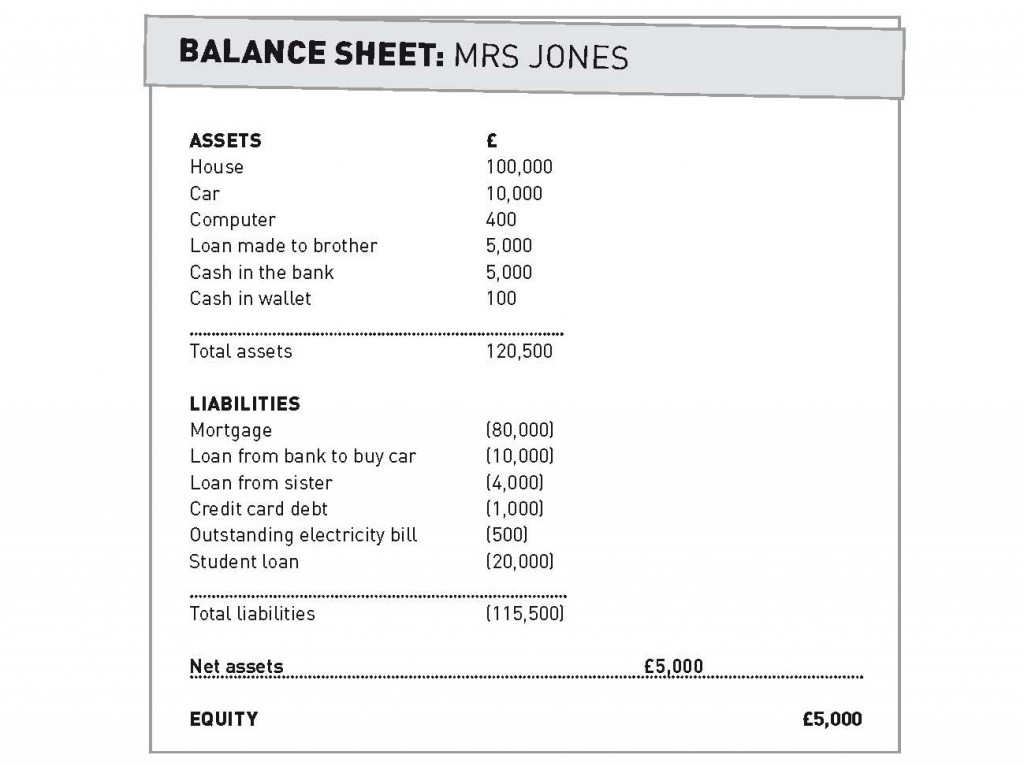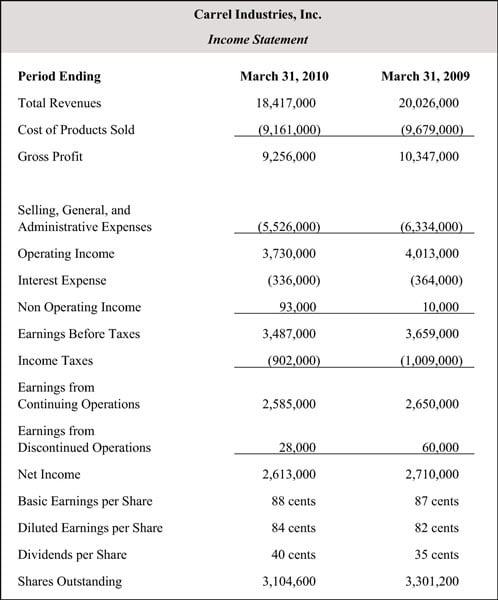Ideal What Do The Brackets Mean On Financial Statements

Maybe start a thread with all these accounting for beginners questions in one rather than starting a.
What do the brackets mean on financial statements. Whereas the PL shows the income expenditures and profitability of a company over a period of time the balance sheet provides a snapshot of the companys assets and liabilities as of a. Cash beginning of period is the cash Suraya had on hand at the beginning of the month. In the case of a private company which has dispensed with holding of an AGM this refers to.
Hopefully those will be easy to comprehend. Some aspects of income statements may seem obvious but other parts of income statements might leave you stumped. It means the number is negative.
Statement of Revenue Expenses This report shows the monthly billed income and incurred expenses. In UK accounting this is often used on the income statementprofit and loss to indicate that there is a loss or a negative profit. A number in parenthesesbrackets can often indicate that a number is negative.
Numbers in Parentheses A number listed on the financial statements that in contained within parentheses is a negative number. The total of the bottom half of the balance sheet will equal the top half. A credit entry when a debit entry will not have parentheses.
In this convention all numbers are positive and the direction of flow is indicated by the label. Others are really straight forward and dont mean much more than the surface definition. A credit balance in an account that normally has a debit balance or a debit balance in an account that normally has a credit balance.
While income statements are excellent for showing you how much money youve spent and earned they dont necessarily tell you how much cash you have on. Its an alternate way of showing negative numbers versus prefacing with a negative sign - In some cases a negative value also has a different name. In accounting parentheses brackets can be used to show that an entry made in an account is not what is usually expected.



